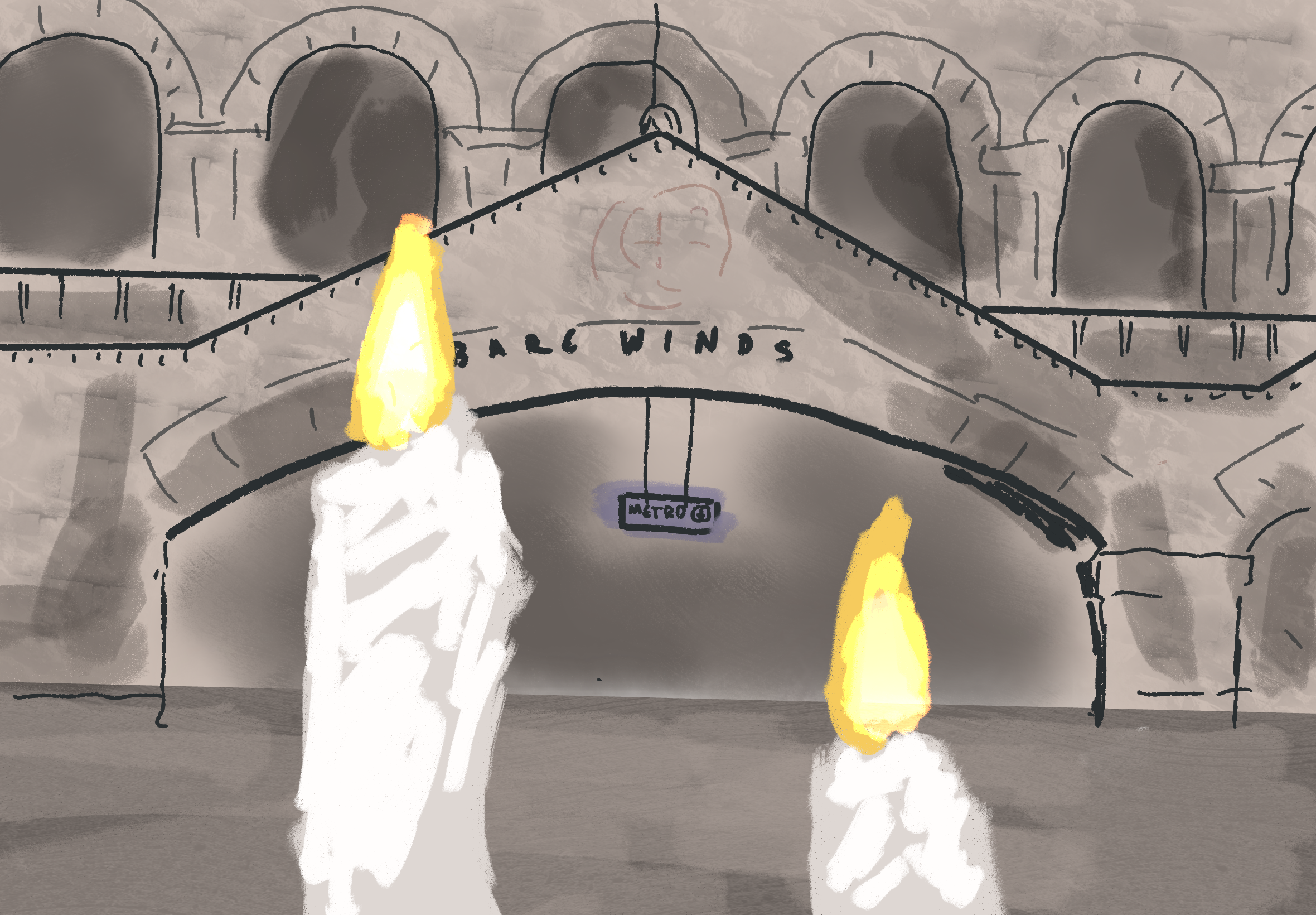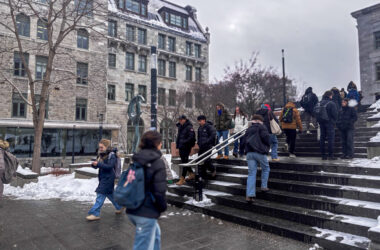On Thursday, the Students’ Society Council voted in favour of a motion to refer the question of General Assembly reform to an ad hoc committee. The motion came after weeks of debate and concerns over the validity and merit of the original motion, authored by SSMU President Zach Newburgh.
The motion, first moved by Management representative Eli Freedman, will create a committee chaired by Newburgh and composed of any interested councillors and at least three members-at-large—members of SSMU who are not councillors.
Freedman explained that because the proposed amendments to the question were only introduced at Thursday’s Council meeting, he felt that councillors needed more time to consider the amendments before voting on them.
“Not having the opportunity to review and consider every possible amendment in advance, considering the drastically different solutions offered by each amendment, and giving consideration to the magnitude of the GA’s importance, myself and other councillors expressed the opinion that a committee was best served to deal with all of this information and make recommendations accordingly,” Freedman said.
According to the motion passed in Council, the committee does not yet have a specific mandate, but will work through the proposed changes to the GA, seek out further student consultation, and try to propose other options for GA reform.
Maggie Knight, Clubs and Services representative, said that because of this lack of a specific mandate thus far, she “imagines that the committee will have a fair degree of ability to determine its own parameters” in reviewing options for GA reform.
During debate of this motion, Clubs and Services representative Max Zidel proposed imposing a deadline for the committee to present its recommendations, “but that just got thrown in the air and we didn’t end up doing it,” he said.
But according to Arts Senator Tyler Lawson, any ambiguities will likely be addressed at the next Council meeting, “[where] we can assign to [the committee] something more concrete and more definite in purpose.”
Freedman agreed. “At the next meeting of Council we will create more formal mandates, requirements, and structure of the committee,” he said.
There have been concerns, however, from a number of councillors over both the process by which this committee was established and the fact that it was established at all.
Arts representative Spencer Burger said he was very disappointed by Council’s decision and thought that more could have been done to work through the original resolution at Council.
“I think we had an opportunity Thursday night to put in a number of amendments to [Newburgh’s] original resolution that would have been accepted as truly beneficial reform to the GA, that would have gone to the referenda and probably been accepted by the majority of students,” he said.
Zidel was also unhappy with the decision to move the question to a committee.
“It was very poorly mandated,” he said. “It was also a mistake to have [Newburgh] chair the committee, in my opinion. I’ve come to the conclusion … that executives keep saying they don’t have time to do all this committee work, [and] I agree. Councillors should be chairing the committees. We’re not babies.”
Several councillors also raised concerns that forming this committee could cause a loss of the momentum that has been built around the push to reform the GA.
“I think it’s possible we will lose a lot of momentum and that this committee will ultimately put off any real reform and won’t amount to anything,” Burger said.
Zidel agreed: “The momentum for changing the General Assembly is going to die out among students, whereas the councillors are still going to want to do it. But we really need the students input to be able to do it in my opinion.”
Newburgh, who had been spearheading the reform movement, also expressed similar concerns.
“Unfortunately, we’ve killed that momentum and sense of urgency, and as a result I would only hope that people continue to provide feedback, but . . . I am not confident that that feedback will be of the same calibre and quantity,” Newburgh said.
Others, however, feel that it’s crucial to give councillors more time to consult students and reach an agreeable GA reform proposal.
“I do think that the motion brought forward definitely caught people’s attention and raised their awareness of the potentiality and the need to address this,” Lawson said. “So going forward I think that we have momentum, more than ever, and we’ll hopefully apply that towards fixing this important means of democracy on campus.”
Freedman agreed, saying that he would much prefer that SSMU take its time with such important reform and assess all possible reform options.
“I firmly believe that there is enough momentum within Council, due to general interest in the Society, that the student body losing momentum is hardly a real consideration in our decision-making process,” Freedman said. “I also believe that regardless of previous attempts, this time we are going to figure it out.”
Zidel lamented that the entire process had been generally mishandled, and speculated that a much better outcome could have been attained.
“We did all this too late and we could have done it a lot earlier,” he said. “We really screwed up, but I don’t think that because we screwed up it means that we’re going to accomplish anything with this committee. [And] especially with the recent happenings at SSMU, I find it’s going to be harder than ever to do that.”
Lawson, for his part, views the work that will be needed for reform as a possible rallying point for executives and councillors.
“I think that while there’s been a lot of talk of the exec or Council having been split, it could be a good means by which we could come together and work towards a common end for the betterment of students as a whole,” he said.








